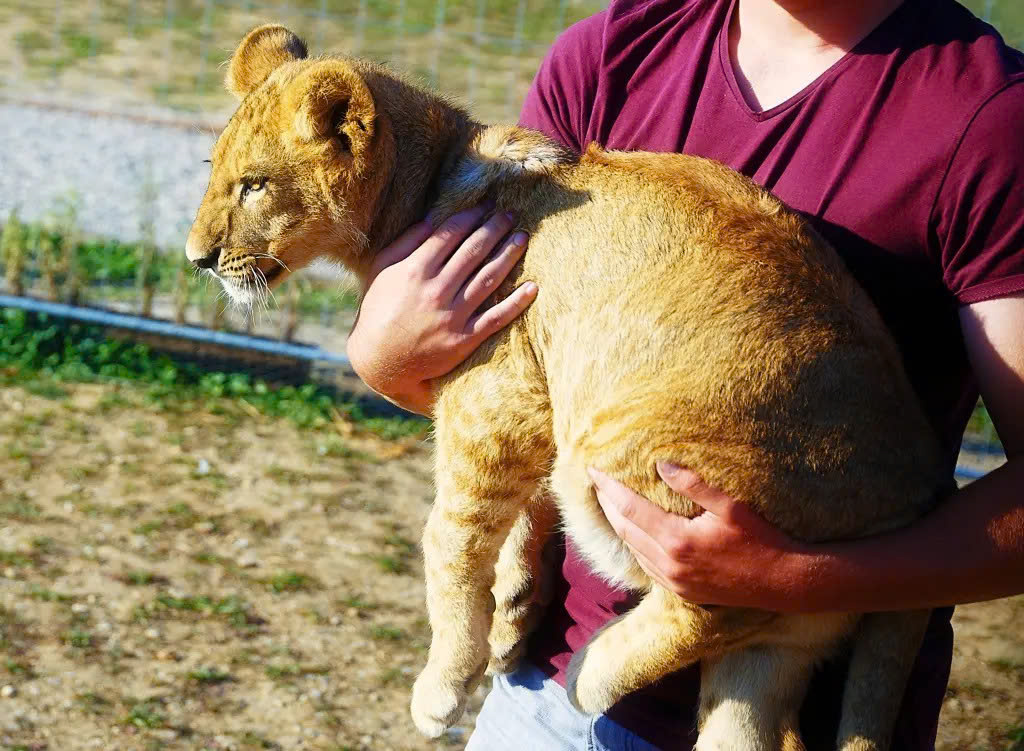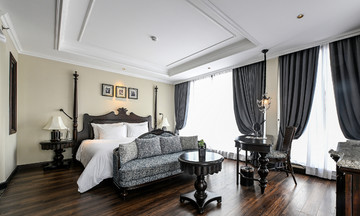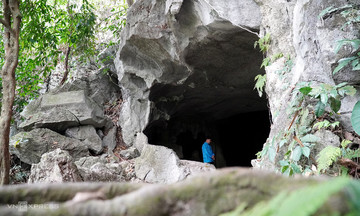The Wanhui restaurant, located in Taiyuan city, Shanxi province, opened in June and quickly gained notoriety for its unusual and potentially risky "cuddle a lion cub" service, offered alongside a 150 USD four-course meal. An image of the menu circulating on social media shows the dinner option, which includes "animal playtime".
 |
Cuddling lion cubs is offered as part of a 150 USD four-course meal. Photo: jozefklopacka |
Cuddling lion cubs is offered as part of a 150 USD four-course meal. Photo: jozefklopacka
On social media, Wanhui also advertises camels, tortoises, and deer, although the nature of customer interaction with these animals remains unclear. While some photos depict customers posing with lion cubs, many online viewers expressed concern over the use of wildlife for entertainment.
The restaurant claims the lions are not kept on-site but are managed by specialized caregivers at an undisclosed location.
The service has drawn widespread condemnation on social media and from animal welfare organizations. Jason Barker, Senior Vice President of People for the Ethical Treatment of Animals (PETA), stated that separating lion cubs from their mothers for afternoon tea is exploitative, not entertaining. "They are sentient beings, not social media props," Barker said.
Barker described the cubs as being treated like "social media accessories." This practice not only harms the animals but also poses risks to customers.
Peter Li, China policy specialist for Humane Society International, noted that even young lions can injure people. Treating wildlife as photo props is irresponsible and ethically unacceptable.
One animal welfare advocate compared the practice to trophy hunting, arguing it legitimizes the exploitation of wildlife for entertainment and profit. The incident is currently under investigation.
This incident follows recent criticism of a hotel in China that used endangered red pandas to wake up guests. The red pandas were brought into rooms for direct interaction with guests in what was advertised as a "unique" experience. The service gained attention after a British couple filmed their encounter and shared it online.
The Chongqing Forestry Bureau subsequently ordered the hotel to immediately cease all close contact between humans and animals, warning of prosecution for any further violations.
China banned "close contact" activities with wildlife in 2018, after such practices were used to attract tourists and generate revenue.
Tuan Anh (New York Post)












